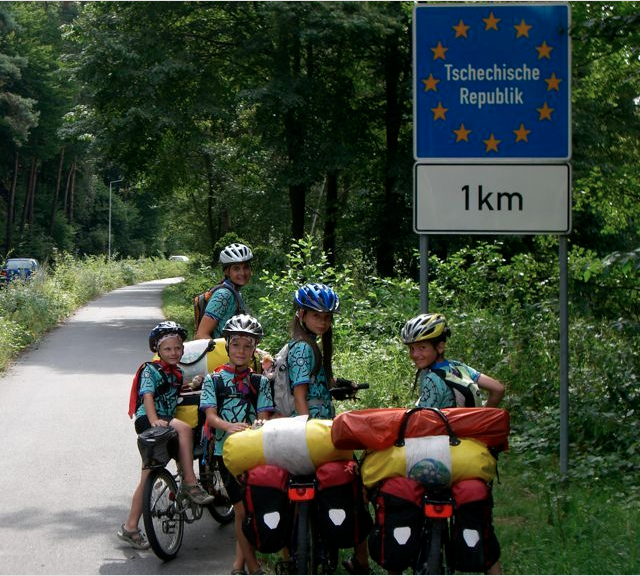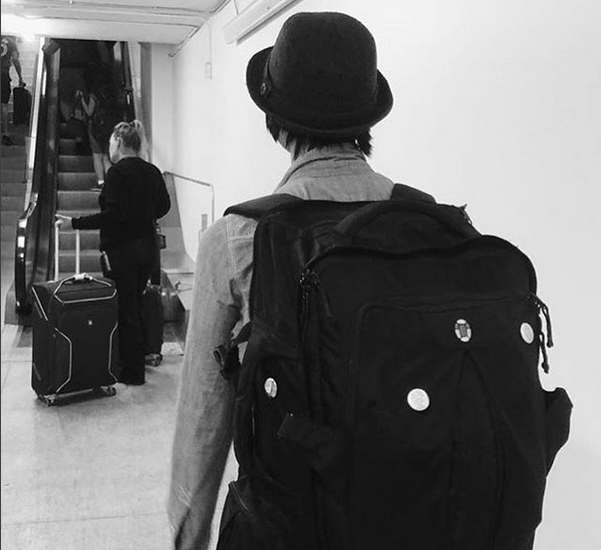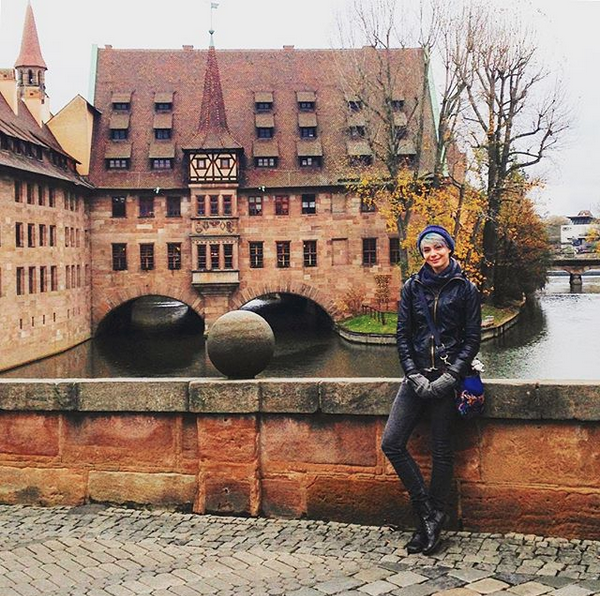After being raised as a worldschooler, traveling full-time from age 11-19, I applied to and was accepted at Queen’s University in Canada, one of the most acclaimed universities in the country.
Worldschooling is the combination of travel with education – how you go about it exactly is up to you.
Worldschoolers range from full-time travelers to day-trippers and weekend adventurers, from unschoolers to curriculum lovers. It’s a choose-your-own-adventure schooling method perfect for indie travel parents who want to raise their kids on the road. For me, worldschooling meant long-term slow travel with 6-month stays in countries around the world and a (mostly) self-determined educational path with some structure.
Hacking a University Education with Worldschooling:
The #1 concern digital nomad parents have about worldschooling seems to be whether or not traveling students will be able to choose the university path later in life, despite their alternative education. My answer? Absolutely. Here’s how I hacked my education via worldschooling from grade 6 through university:
To begin with, we tracked absolutely everything.
By the time I was ready for university, I had a solid record of everything I’d studied and when. I did have structure and schoolbooks in my education; I’m not an unschooler, though I did have much more flexibility and control over my schedule than I would have had in a traditional school setting.

I learned all of the basics and then some via curriculum: math up through calculus, science (biology, anatomy, astronomy, geology, chemistry, etc.), and the arts. Some subjects were easier to pick up while we were traveling: I learned Latin, Spanish, and smatterings of French, German, Italian, etc. I picked up music lessons and art lessons from other travelers and carried my instruments with me everywhere (still do, one is at my feet now). PE was outdoor exploration.
We read history books as a family, related to where in the world we were at the time – which leaves a strong impact. Something about walking on an old Roman road while learning about the Romans or standing in the Killing Fields of Cambodia leaves a long-lasting imprint on your mind. I know worldschooling isn’t the right experience for everyone, but it worked for me.

I’m a fast learner, and with control over my own schedule and access to the materials plus internet, I was done with all high-school level material early on. I began taking e-distance courses at Oregon State University.
This is the main hack, so listen up!
If you’re a student who moves regularly, traveled through high-school, or doesn’t have a high school transcript, this is your key to getting into any university without re-taking high school classes:
Anyone can sign up for e-distance courses as a non-degree-seeking student without having to show an official transcript. All of the credits earned can later be transferred to another university, which allowed me to skip the SAT tests.
I could only take two or three courses at a time, but that was fine with me. I had other things going. I used the next two years to rack up credits and to get all of the preliminary courses squared away – Writing 101, College Algebra, etc. When I was ready to transfer to Queen’s University in Canada, I was nervous – the competition to get in is relatively high, and I was the weirdo with a strange background – but it was a piece of cake.
Tips:
- Make an appointment in person instead of sending your transcript in online.
- Be prepared: When I went in for the interview, I came prepared with my official OSU transcript and a full list of all of the things I’d studied on the road. They accepted me on the spot.
- Do your research and decide on your program of choice early on. Taking a gap year is a great way to discover your passions and future path.
I didn’t have to take any of the placement exams, my credits transferred in without issue, and that was that. I was accepted to the Honours program for Geography.
What was the transition like after spending a childhood on the road?
The transition was fine. I had some ordinary kid experiences, like, gosh, someone actually has to replace the stock of toilet paper… and that someone is me, now. Surprise. What a shock.
But in general, I was well-prepared. I knew how to cook. I knew how to do my own laundry (in a pan of water in the Sahara desert, so yeah a laundry machine was terrific). I was used to talking to people of all ages, which made connecting with my professors a breeze. I’d also been managing my own school schedule since I was 7 or 8, so there was no learning curve for time-management skills. I even made Dean’s List in second year.

My advice to new students would be to not worry about fitting in with your peers as much as you worry about making strong connections with leaders, professors, and the serious change-makers in the university community. Pick your pool wisely and amazing opportunities will come out of it. I gained a summer internship at an incredible research library in Guatemala thanks to a great connection I made with a professor. I let him know I was interested in Guatemala and the rest followed. Make use of the contacts you have in uni!
Indie Travel Parents:
- Learn more about worldschooling and find out if it’s a good fit for your family
- Be sure to track the information your student is learning, even in an informal way.
- Choose your own adventure: the amount of structure and travel you build into worldschooling is up to you. Create a style that works for you.
- Know that worldschooled students can easily access a university education, should they so choose.
Indie Travel Students:
- Be intentional with your studies. What do you want to learn? Where do you want to go with it?
- Build communication skills. Talk to everyone and be vocal about your passions in life.
- Find ways to hack your own education. School is what you make it.
- Take responsibility for your education. Know what you want and show up for it. You’ll need to put in the work and stay motivated!